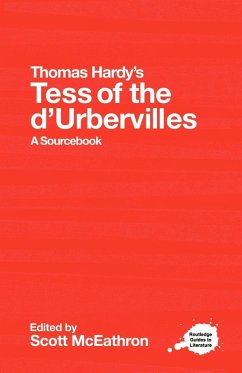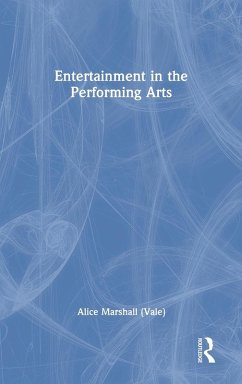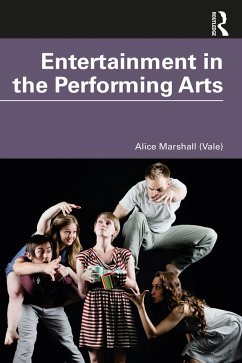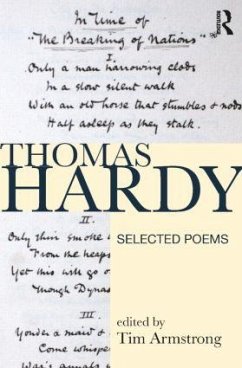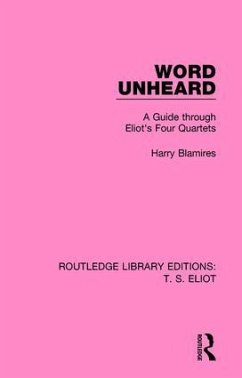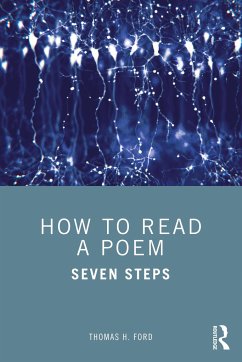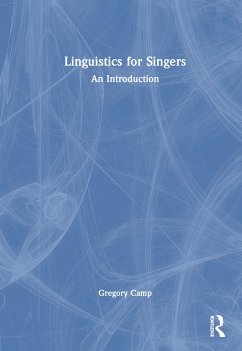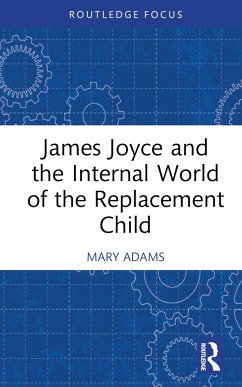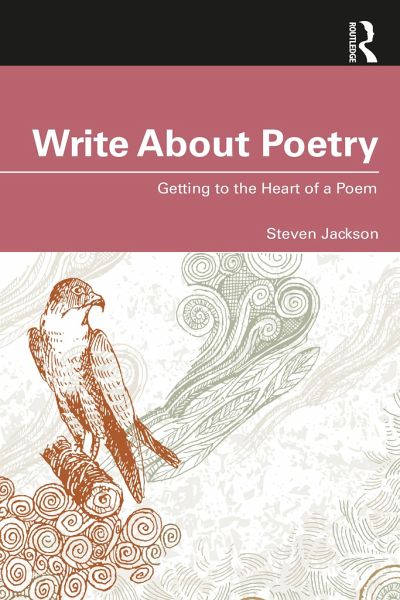
Write About Poetry
Getting to the Heart of a Poem
Versandkostenfrei!
Versandfertig in 6-10 Tagen
41,99 €
inkl. MwSt.
Weitere Ausgaben:

PAYBACK Punkte
21 °P sammeln!
How do we read poetry, compare poems, or generate observations into a thoughtful response? Write About Poetry is an invaluable reference book and skills guide for students of poetry. Featuring model essays, a glossary of technical terms, and additional practice for student engagement, this volume provides students with a clear and concise guide to:- reading unseen poems with confidence- developing general observations into formal, structured written responses- fostering familiarity with some of the great poets and poems in literary historyDrawing on years of teaching experience, Steven Jackson...
How do we read poetry, compare poems, or generate observations into a thoughtful response? Write About Poetry is an invaluable reference book and skills guide for students of poetry. Featuring model essays, a glossary of technical terms, and additional practice for student engagement, this volume provides students with a clear and concise guide to:
- reading unseen poems with confidence
- developing general observations into formal, structured written responses
- fostering familiarity with some of the great poets and poems in literary history
Drawing on years of teaching experience, Steven Jackson delivers the background, progressive methodology, and practical essay writing techniques essential for understanding the fundamental steps of poetry analysis.
- reading unseen poems with confidence
- developing general observations into formal, structured written responses
- fostering familiarity with some of the great poets and poems in literary history
Drawing on years of teaching experience, Steven Jackson delivers the background, progressive methodology, and practical essay writing techniques essential for understanding the fundamental steps of poetry analysis.






